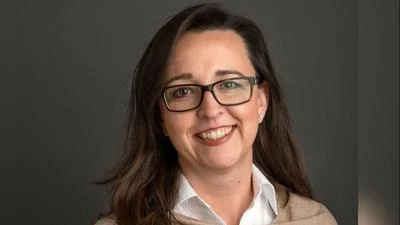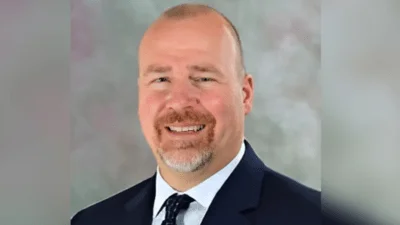May is recognized as Mental Health Awareness Month, underscoring the necessity of providing individuals with access to crucial resources and support. A recent report by WILL indicates a significant decline in social capital—people's networks and relationships—over the past few decades, a situation exacerbated by the pandemic. Current societal trends reveal less time spent with friends and family or involvement in community activities such as volunteering or civic engagement, leading to increased loneliness and isolation.
In May 2023, the Surgeon General identified loneliness as an epidemic in the United States due to its detrimental effects on mental and physical health. Loneliness and social isolation are linked with higher risks of depression, anxiety, suicide—all of which have seen significant increases during the pandemic. The surge in these conditions remains a concern today, particularly among teenagers and young adults who are experiencing them at an elevated rate. Loneliness and social isolation also correlate with higher risks of dementia (by 50%), stroke (by 32%), and heart disease (by 29%). Ensuring that people have a supportive network during mental health struggles and access to professional help when necessary is critical for community health.
Addressing loneliness requires collective effort over time; it is not a panacea for rising rates of mental illness. Access to mental healthcare for Wisconsin residents is essential. However, many currently lack this access. According to the Wisconsin Department of Health Services, 42 predominantly rural counties along with Madison, Milwaukee, Kenosha, Green Bay, and Portage cities face shortages in mental healthcare providers.
Fortunately, increasing access to mental health professionals in Wisconsin has bipartisan support. Significant progress was made during the 2023 legislative session when several mental health bills were enacted into law. These included expanding crisis center facilities, allowing marriage and family therapists in schools, and providing more mental health support for police officers and other first responders—all receiving substantial bipartisan backing.
Despite these advancements, there is still work to be done. Another mental health bill, AB 541, which had bipartisan support, was vetoed by the Governor. The bill would have permitted out-of-state psychologists, counselors, therapists, and social workers to provide telehealth services to Wisconsin residents provided they are licensed, in good standing, and notify the Department of Safety and Professional Services within 30 days of first providing mental health services in the state. A report from the Institute for Reforming Government (IRG) cites several states that have enacted similar laws including Arizona, Delaware, and Idaho.
Despite the Governor's veto citing concerns over care quality and limited in-state complaint recourse, it is noteworthy that he implemented this exact policy during the pandemic. If it was deemed adequate to support Wisconsinites during a pandemic crisis, it should remain acceptable today. Licensing requirements ensure quality care for patients who can still file complaints with their out-of-state provider's credentialing board or agency. The Governor also mentioned Wisconsin's participation in interstate compacts like the Interstate Counseling Compact (ICC) as a reason this law is unnecessary. However, IRG highlighted limitations such as high numbers of qualified counselors in states like California and New York not being part of ICC along with neighboring states Michigan, Minnesota and Illinois.
As efforts continue to navigate mental healthcare complexities, advocating for policies that lower barriers and promote accessibility is crucial. It is vital to ensure all individuals receive support on their journey towards mental well-being.





 Alerts Sign-up
Alerts Sign-up